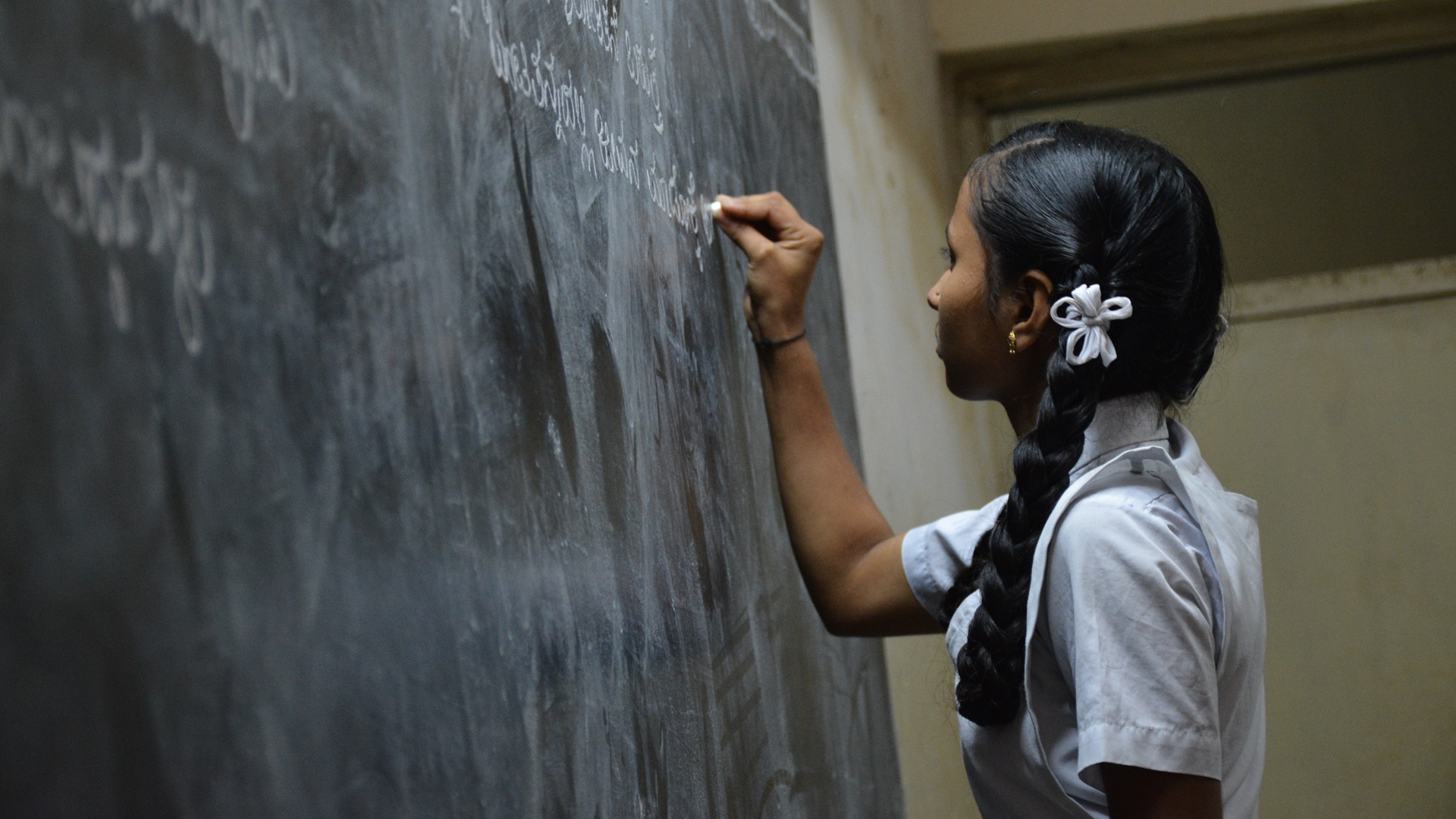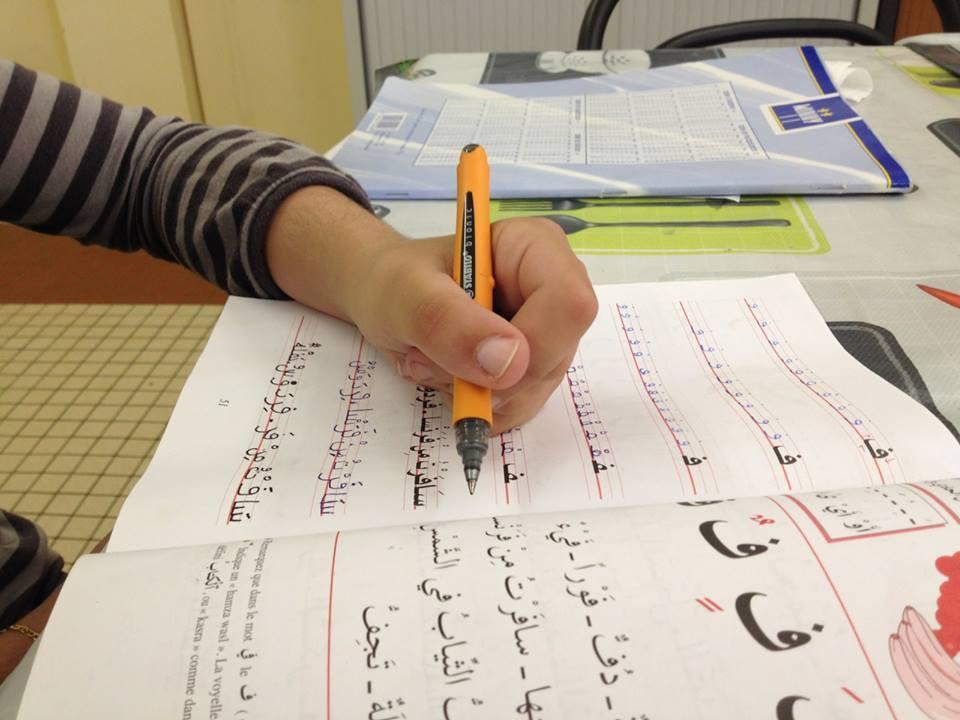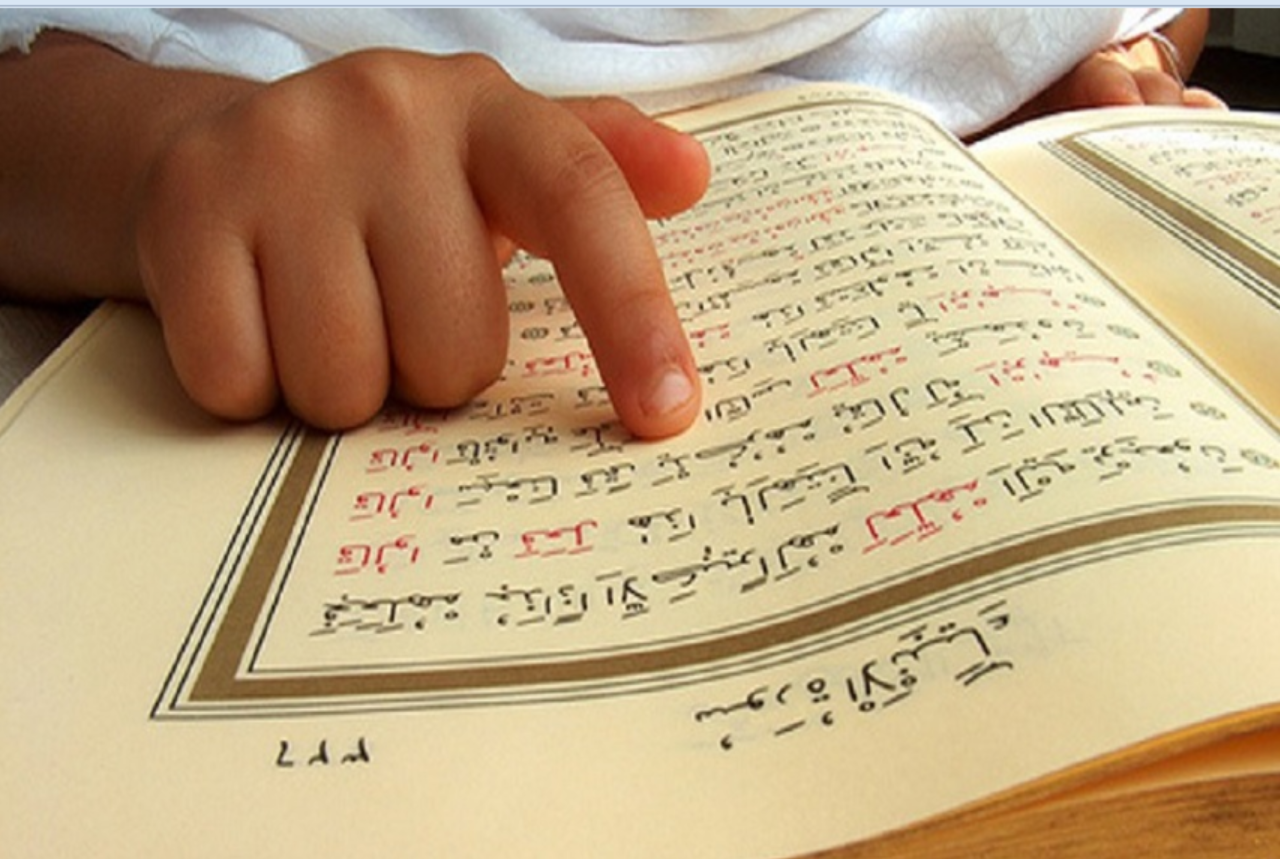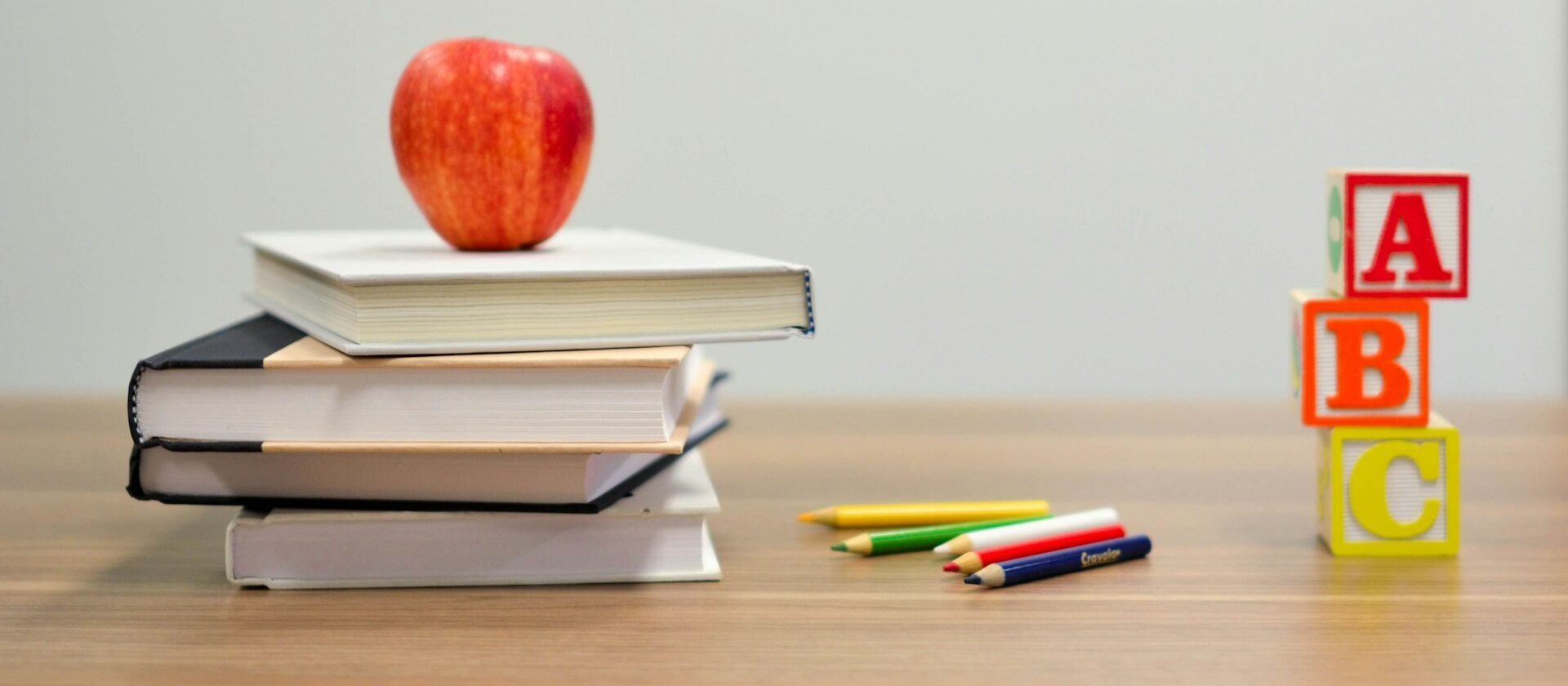
EDUCATION
Aid Bridge offers lessons in memorizing the Holy Quran (Hifz), to children and youth to learn it and understand its injunctions and teachings. The teaching approach varies based on the child's proficiency level:
Oral Quran Teaching: In this method, the child repeats the reading of a surah or verse after the teacher. The teacher corrects and assists in pronunciation, and through repetition, the child gradually memorizes the surah.
Reading Instruction: Children learn to recognize alphabet letters, pronounce them accurately, grasp vowels, and connect letters to read and write the Quran in Arabic. This serves as a foundation before advancing to the Hifz stage.
The course objectives include:
- Learning to read the Holy Quran correctly using the Hafs version.
- Establishing a positive connection between the student and the Holy Quran.
- Making students familiar Tajwid rules.
- Enabling students to recite the Quran accurately without omissions or additions.
- Comprehending the fundamental meaning of the verses.
The Quran courses are tailored for both Arabic-speaking and non-Arabic-speaking. The classes, facilitated by interactive teaching methods, are supported with materials provided by the teacher.
Course details:
- Frequency: 1.5 to 2 hours per week. Age Range: 5 to 20 years.
- Duration: October to June, divided into three terms.
- Format: Some courses are conducted online, while others take place in person.



Importance of basic education, food, safe and clean water.
Basic education, food, and safe, clean water are fundamental pillars that uphold the well-being and development of individuals and societies. Each plays a pivotal role in shaping a healthy, prosperous, and sustainable future.
Firstly, basic education serves as the cornerstone of personal and societal advancement. It empowers individuals with knowledge, critical thinking skills, and the ability to contribute meaningfully to their communities. Education is not merely about acquiring facts; it is a transformative force that opens doors to opportunities, fosters innovation and builds a foundation for lifelong learning. In societies where basic education is accessible to all, there is a higher likelihood of economic growth, reduced inequality, and improved overall quality of life.
Secondly, the significance of food cannot be overstated. Access to nutritious and sufficient food is a fundamental human right and a prerequisite for health and well-being. Adequate nutrition is essential for physical and cognitive development, particularly in children. Moreover, food security contributes to societal stability by addressing issues of poverty and reducing the likelihood of conflicts related to resource scarcity. In communities where individuals have reliable access to nutritious food, there is a greater potential for productivity, economic resilience, and social harmony.
Equally critical is the provision of safe and clean water. Access to clean water is a basic human need and a key determinant of health. Contaminated water sources can lead to waterborne diseases, undermining the well-being of individuals and placing a burden on healthcare systems. Clean water is not only crucial for drinking but also for sanitation and hygiene practices. In communities where safe water is readily available, there is a marked improvement in public health, with reduced instances of waterborne illnesses, improved sanitation, and an overall enhancement of living conditions.
In essence, the triad of basic education, food, and safe, clean water forms a symbiotic relationship that fosters human development and societal progress. When these necessities are ensured, individuals are better equipped to lead fulfilling lives, contribute meaningfully to society, and participate in the ongoing global challenges. Governments, organizations, and individuals must recognize the interconnectedness of these elements and work collaboratively to create environments where everyone has the opportunity to thrive. By prioritizing basic education, food security, and access to clean water, we pave the way for a more equitable, sustainable, and prosperous world for generations to come.
